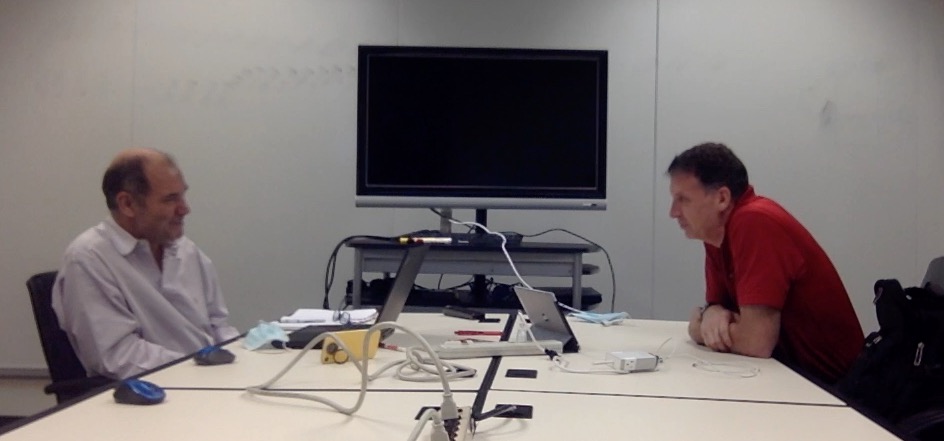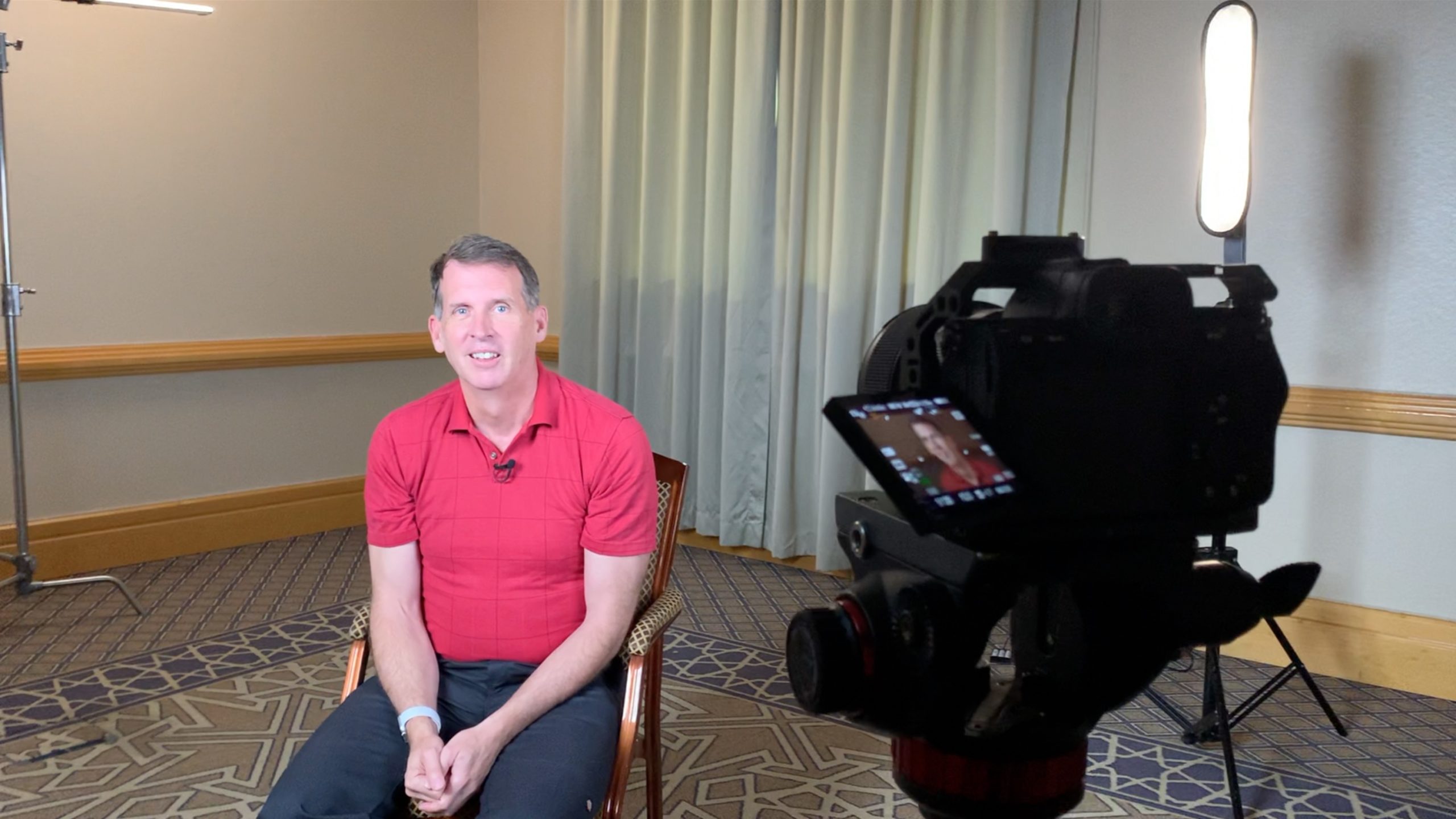This week we discuss step 1 of the Accounting Cycle, executing business events, and the relationship to financial transactions and the world of measurement.
If you’re interested in a more in depth look, have a look at the accompanying textbook Balancing Act: A Practical Approach to Business Event Based Insights, available for download. Specifically, look at Chapter 5, Accounting.
What’s a Business Event
Business Events are broader than transactions. Transactions typically involve a financial exchange, but business events can be anything one wants to plan for, measure, control, or evaluate. The principles in the Accounting Cycle are useful for more than just financial transactions.
>>> Related Post: Business Events and Measurement <<<
Coding a Program: An Example
For example, if you write code for a living, you likely use the accounting cycle quite frequently, without evening recognizing it.
A significant measure of progress in coding is the lines of code written. This isn’t a perfect measure certainly; one can write lots of lines of code which do nothing, like filler in the middle of an school essay. And some languages allow for very compact expression of functions compared to other languages, using something called functional programming. But regardless, measuring how much useful code has been written in a particular language to automate some desired function is a useful measure of progress.
Each line of code could be considered a transaction. At the end of some period of time, the accumulated number of lines of code that have been written could be considered a balance.
The progress to date is like a balance sheet; the progress or number of lines written since the last measurement is like the income statement.
Usefulness
If one organizes measurement systems with these simple concepts in place, the type of questions the system will be able to answer over time can be substantially greater than if one stumbles through the process of discovering effective measurement based systems, repeating all the discoveries made by analytically minded people through the centuries.
>>> Related Post: The Why of Business Events <<<
This is Episode 214 of Conversations with Kip, the best financial system vlog there is. Literally learn more about ledgers and financial systems at LedgerLearning.com
Watch the next week episode at Accounting Cycle Step 2: Create Journal Entries
Watch the prior week episode at Introduction to the Accounting Cycle
Watch all episodes in order at the Conversations with Kip Playlist





[…] Watch the prior week episode at Accounting Cycle Step 1: Execute Business Events […]
[…] Watch the next week episode at Accounting Cycle Step 1: Execute Business Events […]
[…] The Daybook, in which the activity through the day is recorded, in whatever order the customer or vendors show […]